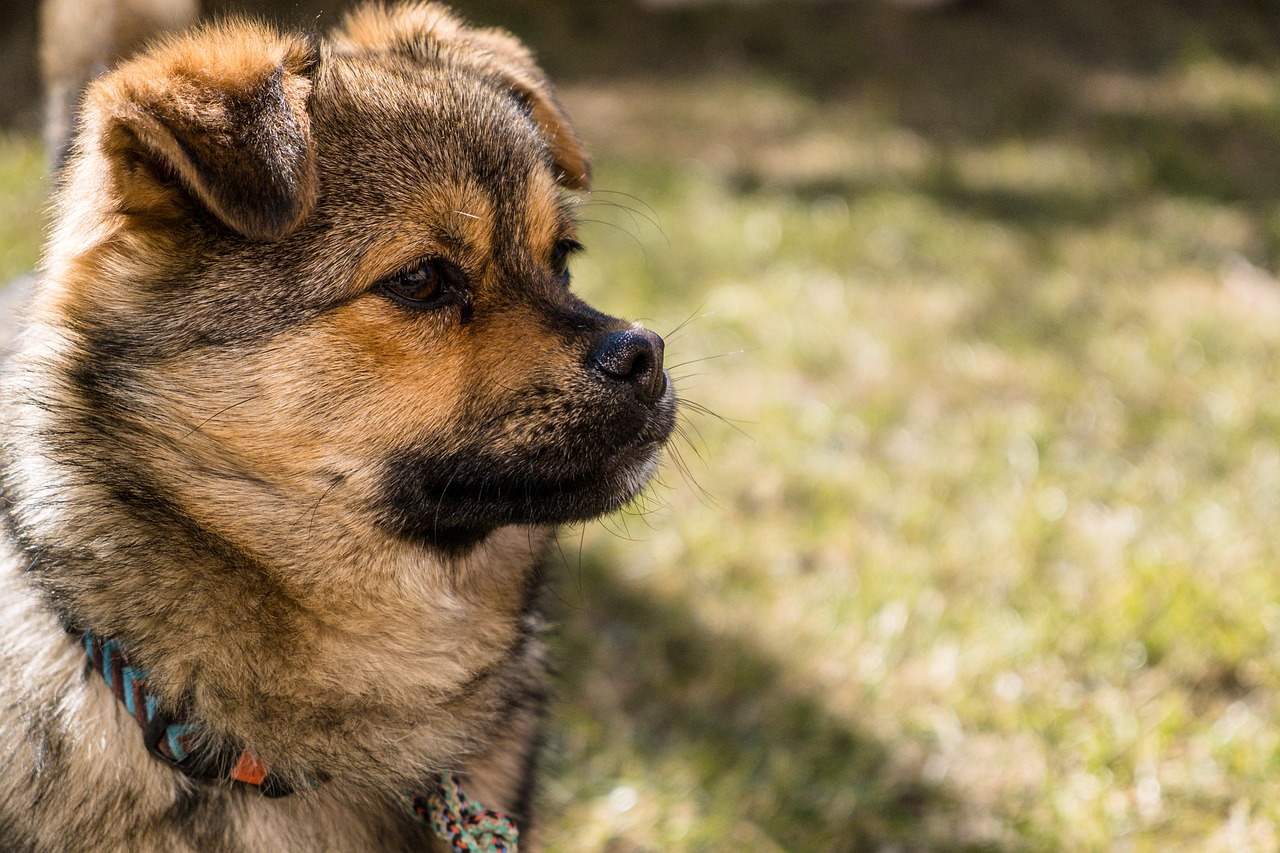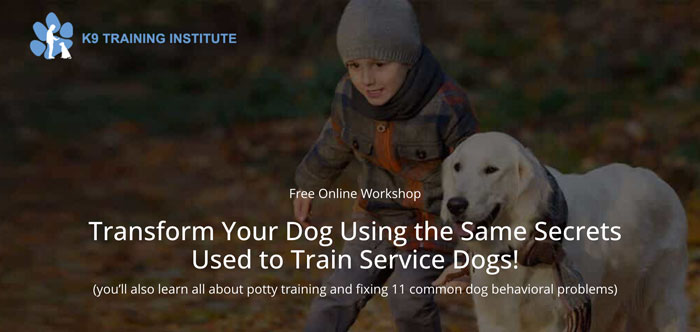Having a German Shepherd puppy can be a rewarding experience filled with joy and excitement. However, like all puppies, they come with challenges that need to be addressed. One common issue many owners of a German Shepherd puppy face is biting. While it might seem harmless at first, especially given their small size as puppies, it is imperative to address this behavior early on to prevent it from becoming a lifelong habit. This article offers a comprehensive guide to stopping your German Shepherd puppy from biting.
 1. Understanding Why Your German Shepherd Puppy is Biting
1. Understanding Why Your German Shepherd Puppy is Biting
The first step to solving a problem is understanding its root cause. German Shepherd puppies may bite for several reasons:
- Teething: Like human babies, German Shepherd puppies go through a teething phase that can make them uncomfortable and more likely to bite.
- Playfulness: Sometimes, a German Shepherd puppy uses its mouth to explore its environment or initiate play.
- Lack of Training: Your German Shepherd puppy may not have learned yet that biting is not acceptable.
- Fear or Anxiety: In some cases, biting is a fear response, although this is less common in puppies.
2. Immediate Steps to Take
Say ‘No’ and Redirect
As soon as your German Shepherd puppy bites, respond with a firm but non-aggressive “No” or “Ouch” to indicate that the behavior is unacceptable. Redirect their attention immediately to a toy that they can chew on instead. This teaches the German Shepherd puppy what is okay to bite and what isn’t.
Implement Time-Outs
If your German Shepherd puppy continues to bite despite your redirection, it may be helpful to give them a brief “time-out.” Place the puppy in a safe but isolated area for a couple of minutes to help them understand that biting leads to less enjoyable experiences.
Use Positive Reinforcement
Whenever your German Shepherd puppy exhibits good behavior, like choosing a toy over your hand, make sure to reward them with praise or a small treat. Positive reinforcement is vital in communicating what behaviors are desirable.
3. Socialization: A Must for Every German Shepherd Puppy
Socialization is an essential aspect of a German Shepherd puppy’s upbringing. Expose them to different environments, people, and animals, ideally between the ages of 3 to 14 weeks. This will not only make your German Shepherd puppy more well-rounded but will also reduce the chances of fear-based biting later in life.
4. Training for Bite Inhibition
Bite inhibition teaches your German Shepherd puppy to moderate the strength of their bite. During playtime, allow your German Shepherd puppy to mouth your hand gently. If they bite too hard, yelp or say “Ouch,” withdraw your hand, and pause the game for a few moments. This will teach your German Shepherd puppy that the fun stops when they bite too hard.
5. Consistency is Key
Make sure everyone interacting with your German Shepherd puppy follows the same guidelines for addressing biting. Mixed signals can confuse your puppy, making it harder for them to learn the appropriate behavior.
6. Seek Professional Help if Necessary
If you’ve tried the above strategies consistently and haven’t seen improvement, it might be time to consult a professional. A certified dog trainer or a veterinary behaviorist can provide specialized advice that can be extremely beneficial for your German Shepherd puppy.
7. Preventative Measures
Prevention is often the best cure. An adequately exercised and mentally stimulated German Shepherd puppy is less likely to engage in problematic behaviors, including biting.
Physical Exercise
German Shepherds are high-energy dogs that require a substantial amount of exercise. Ensure your German Shepherd puppy gets plenty of physical exercise through walks, playtime, or even structured activities like agility training.
Mental Exercise
Don’t forget about mental stimulation. Provide your German Shepherd puppy with puzzle toys or engage them in training sessions that make them think. These can include basic obedience commands or more advanced tricks.
Suitable Toys for Teething
If your German Shepherd puppy is teething, make sure they have access to appropriate chew toys. This provides a legal outlet for their need to bite and can relieve some of the discomfort associated with teething.
An Online Dog Training Course Can Help Your German Shepherd to Stop Biting
Our 2 favorite online courses are:
1. SpiritDog’s “Perfect Obedience” Course
The Perfect Dog Obedience Bundle is an online dog training program designed to help dog owners achieve well-behaved pets. The comprehensive course covers basic obedience, biting, and loose leash walking, and includes bonus mini-courses on training habits and rewards, stopping jumping, and separation anxiety solutions. With lifetime access to expert trainers for personalized feedback and a 60-day money-back guarantee, this course aims to provide effective, accessible training for a variety of dog behavior issues.
2. K9 Training Institute’s “Dog Masterclass”
More than just an obedience course, this more comprehensive training course tackles any behavior problem you might face with your dog.
Conclusion
Training a German Shepherd puppy not to bite is a process that requires patience, consistency, and proper techniques. By understanding why your German Shepherd puppy is biting, taking immediate corrective action, and employing a strategy that includes socialization, exercise, and mental stimulation, you’ll be well on your way to having a well-behaved adult German Shepherd. Remember, every German Shepherd puppy is different, so feel free to tailor these recommendations to suit your specific situation.


 Toledo, United States.
Toledo, United States.
